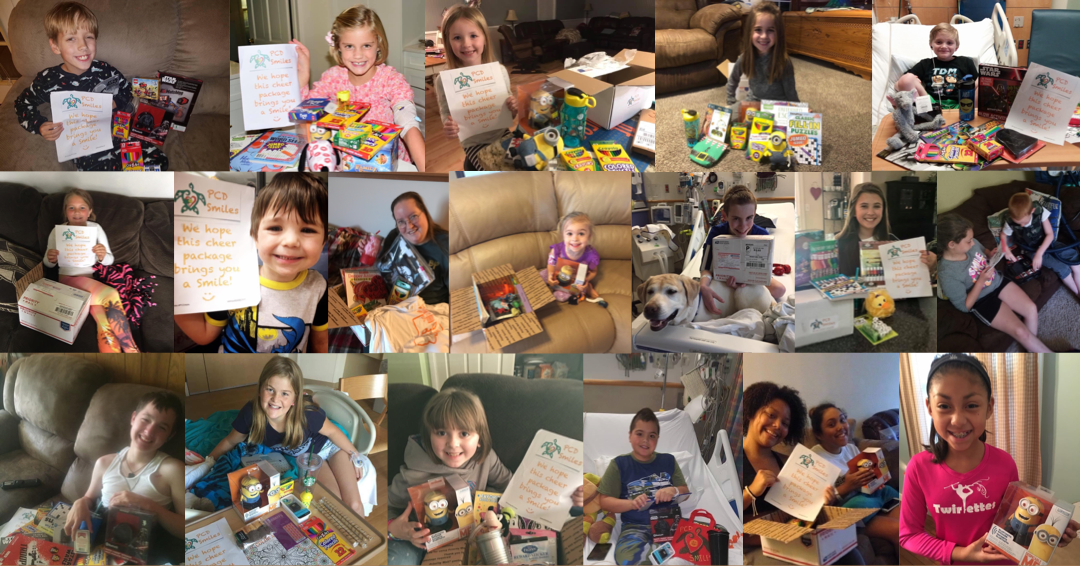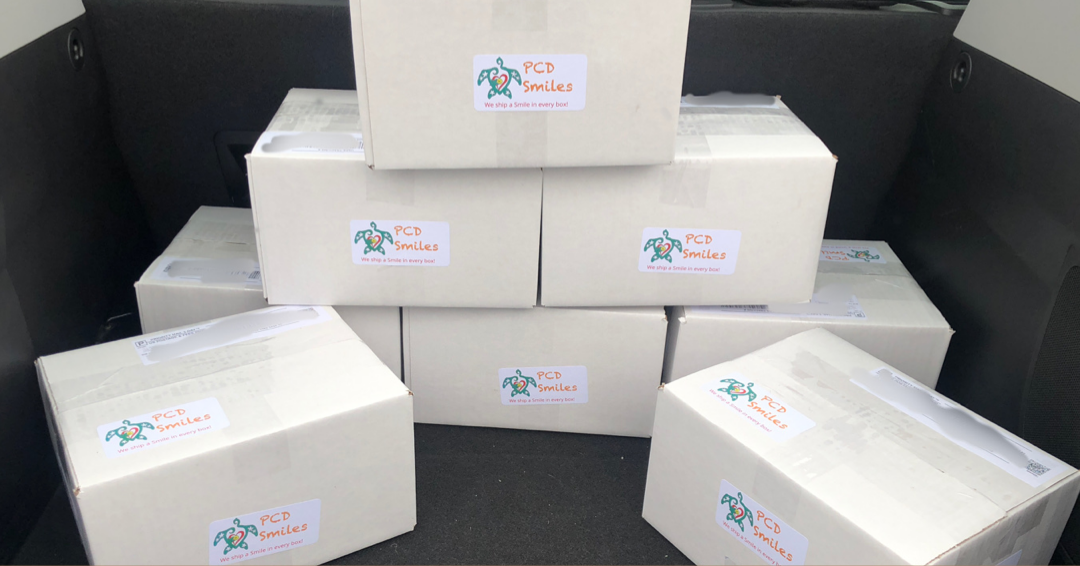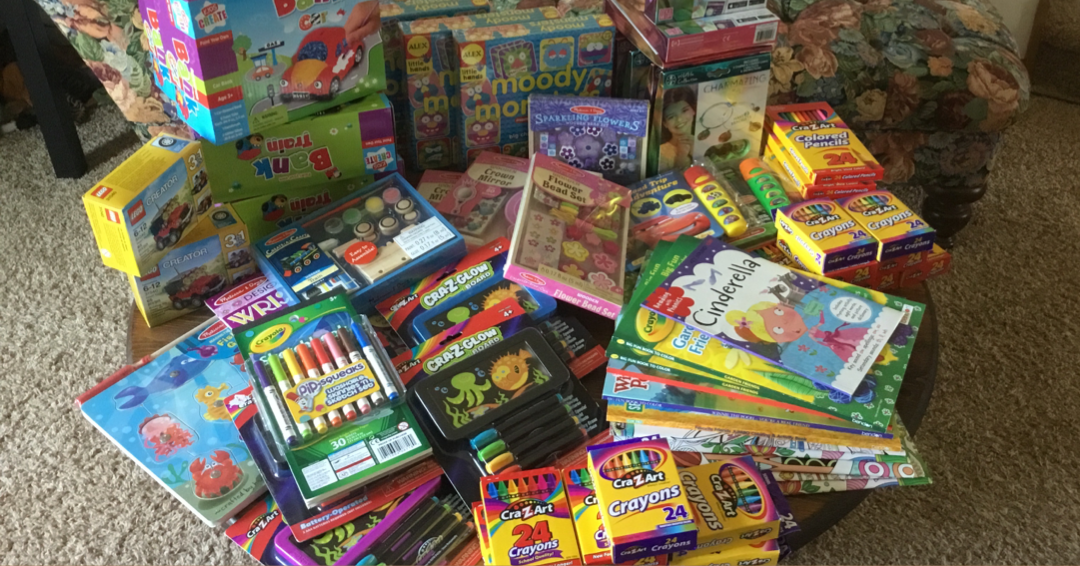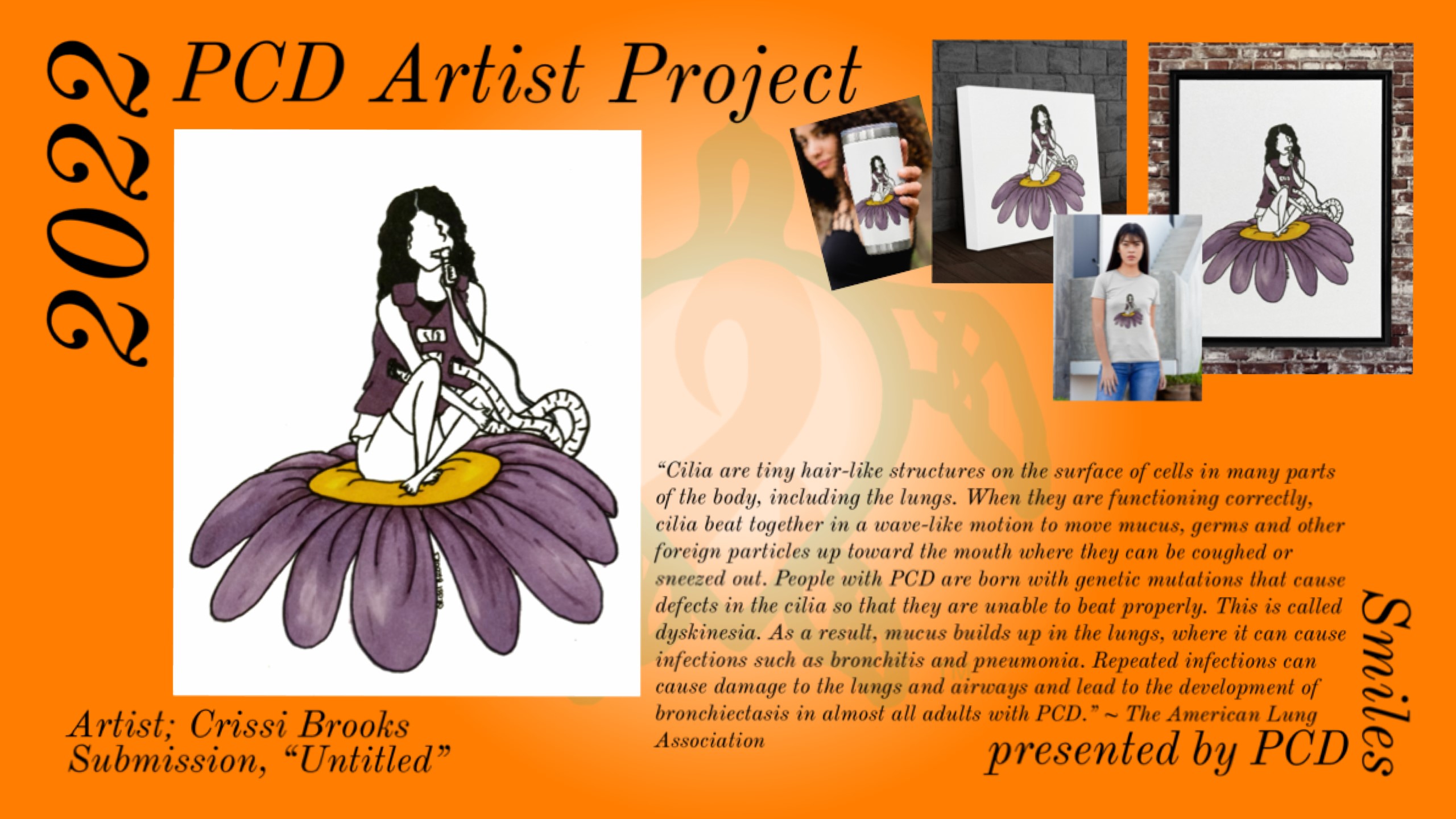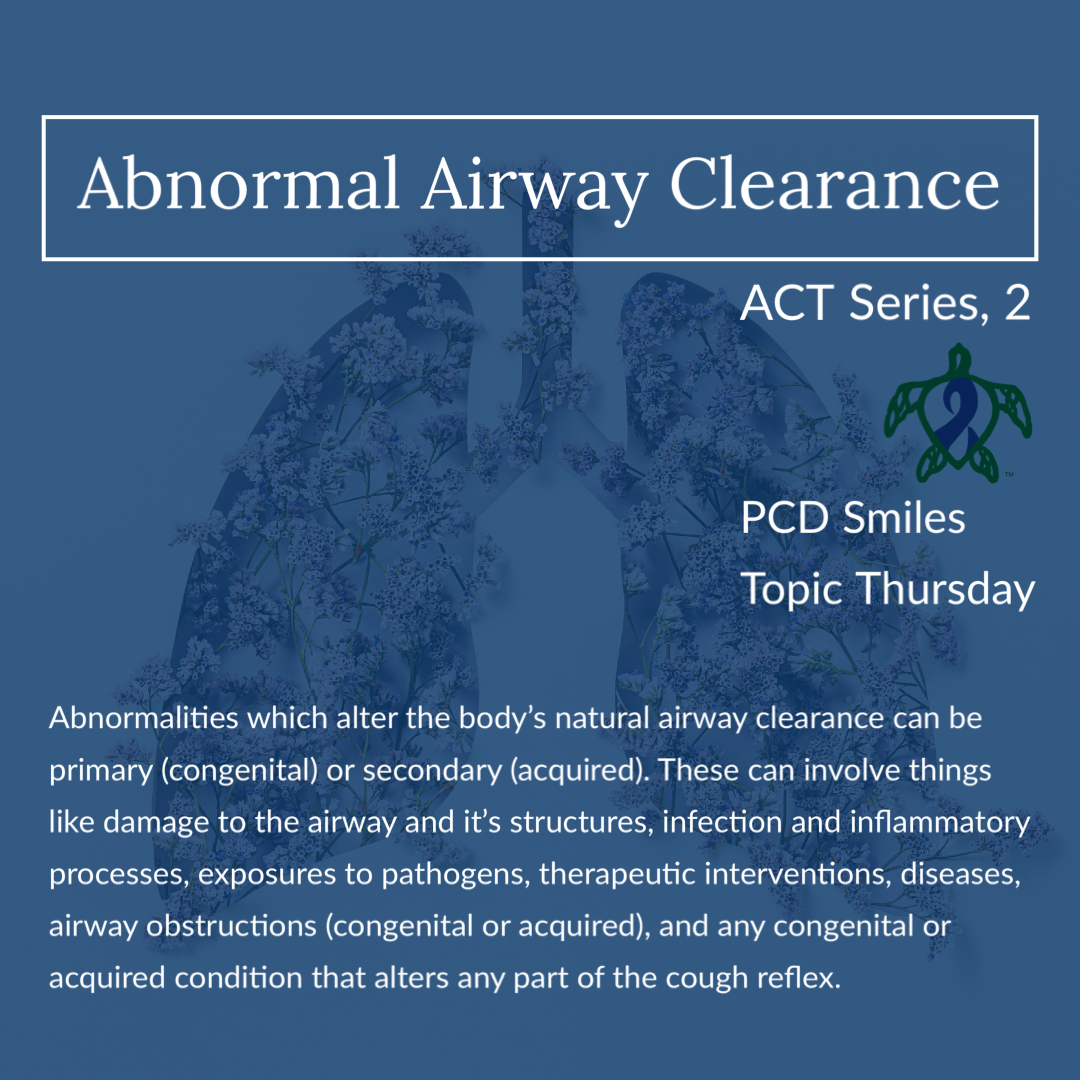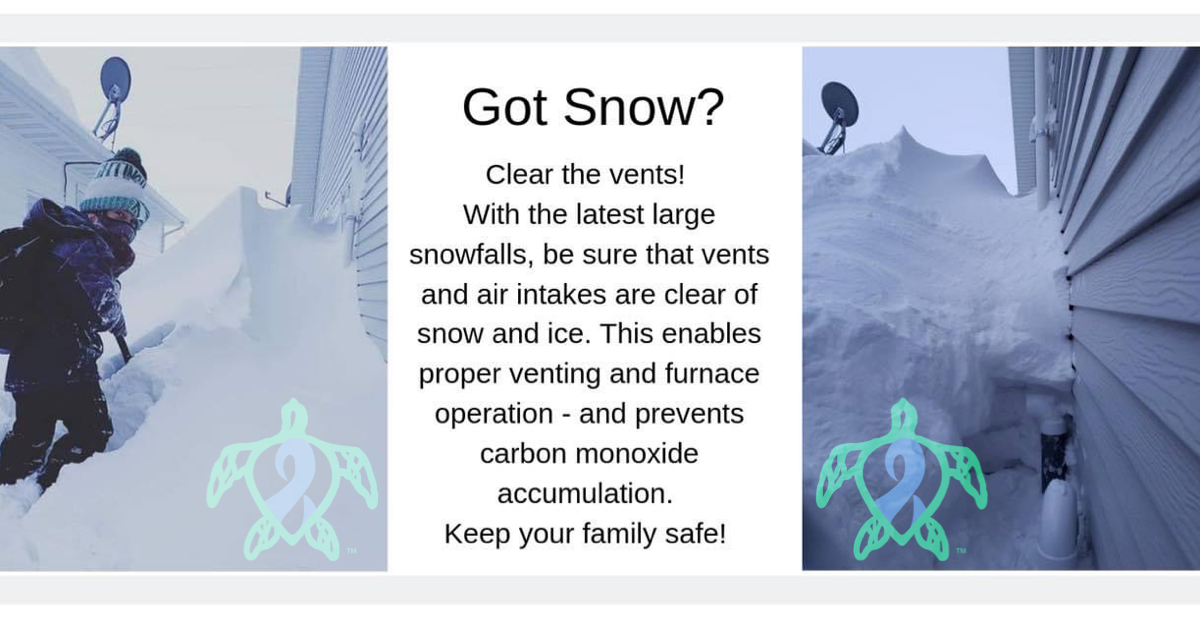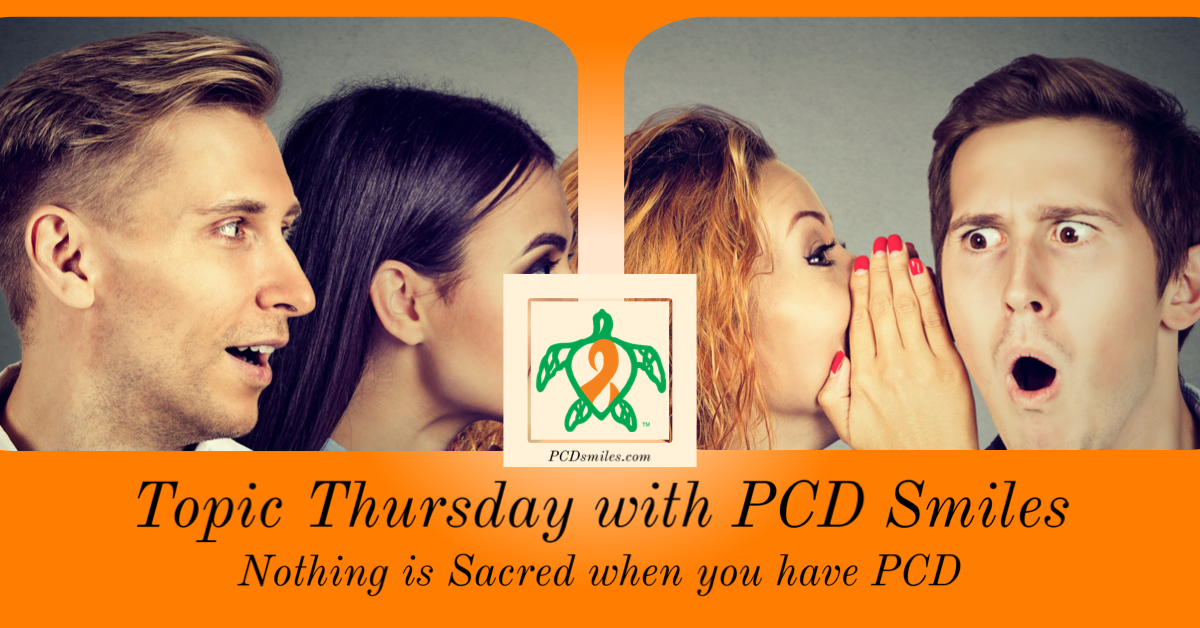Dear Ask Smile E.,
I’m reading as much as I can find about PCD, since our diagnosis. I want to be prepared, for my child’s future. I have seen several references to PCD patients and the need for lung transplants. What do I need to do to prepare for this outcome? And why are there so few references to lung transplants in PCD? And why does this topic seem to be taboo amongst the PCD community?
Signed,
Covering Our Bases
Dear Covering Our Bases,
I totally understand the need to be prepared for the journey that lies ahead for you and your child. The need for double lung transplant in PCD can be a sticky topic for many reasons that aren’t always clear. The road to transplant is often difficult, and also a road that we all hope to never go down. However lung transplants in PCD are very real. The actual statistics surrounding lung transplants in PCD patients are in my opinion skewed, mainly due to underreporting and or the lung transplant patient being misdiagnosed with something else; when in fact they actually have PCD. As PCD research has taken off in the past decade, so has PCD awareness. This awareness is helping to diagnosis the over twenty five thousand people that PCD Researchers believe are in the United States alone, who actually have PCD, but have been misdiagnosed into another disease/ disorder. This misdiagnosis means that there could be post-lung transplant patients out there who actually have PCD. Their new lungs do not have it any longer, but the rest of their body does. So let me explain.
The need for a PCD patient to have a lung transplant actually stems from the PCD patient having advanced stage bronchiectasis. So with PCD, basically the body’s natural filter for filtering out germs, bacteria, and debris is broken. That mans anything that a PCD patient breathes in, stays in. Normal clearance of bacteria, debris, and germs in a person without PCD is approximately one day or less. In a person who has PCD the same debris, bacteria, and germs take approximately seven days or more to be cleared. That is an extraordinarily longtime to clear debris, bacteria, and germs. It is also why PCD patients get sick from bacteria and uncommon bacteria that all around us in the soil, the water, and the air that would not normally make a human sick. The byproduct of PCD is bronchiectasis, which is the abnormal widening of airways that become scarred and the airway walls become thick from repeated chest infections seen in PCD. Once the bronchiectasis is so bad that it interferes with the lungs ability to exchange gases, then a lung transplant would be the only thing to extend the patient’s life.
Transplant isn’t a cure in PCD, it’s just the end stage for the lungs. After transplant the patient will still have PCD everywhere else. And believing it or not the transplant patient will still have PCD in the new donor lungs; but only temporarily. After successful transplant, the new donor lungs have to basically wake up and start working in their new body. This means the donor lungs’ cilia are sometimes in a paralytic state or just plain sluggish. It can take six months or more for the donor lungs and it’s parts to be fully awake and fully operational. Mucoclearance and infection control are critical at this point of recovery. After transplant PCD patients still have to worry about PCD and the side effects that go with PCD. Those side effects make it a very real possibility that the PCD patient’s new donor lungs could become infected with not only bacteria, but uncommon bacteria as well. So there are still nasal washes, ear issues, and a whole host of other things that still go on after transplant for a PCD patient.
As far as preparing for the possibility of transplant, I would suggest that you not worry yourself too much. The current data does suggest that transplants are not that frequent in PCD. However remember that data may be skewed due to inconsistent data and minsdiagnosises of PCD. Hopefully once the PCD Patient Registry is up and running for a few years, and we get some real longterm data following actual PCD patients this whole mystery of lung transplants in PCD patients will be answered with firm numbers and statistics. Until then our scientific data will be limited to the few research papers that are published to date. But it is important to stress that there is such a wide range in PCD with regards to symptoms and severity of disease due to a whole host of other reasons, including but not limited to which PCD causing gene defect that a patient has, that trying to compare your child’s path with PCD to another’s path with PCD is virtually impossible. There really is no way to say one way or the other if your child will eventually need a transplant or not. Then there is the whole matter of will your child qualify for the transplant program at the time in which your child might actually need the transplant. These are the reasons I believe transplant isn’t a huge topic in PCD; because each person with PCD, their experience is so individualized and unpredictable. The transplant journey just adds another layer of difficulty to a PCDer’s journey. Also keep in mind while preparing for you and your child’s future with PCD, that technology, research, and our understanding of PCD is ever evolving; so there is hope for the future. On a side note, if you’d Iike; I can try to connect you up with a transplant family or two, if they are willing and you have some specific questions that you’d like answered. Just email me if that would be of interest to you.
Yours Truly,
Smile E. Turtle
Do you have a question for Smile E.?
Please EMAIL your questions to;
And tune in next Sunday to read the latest Ask Smile E.
Join our Facebook group Turtle Talk Café today, click here.
We have several ways that you can donate to PCD Smiles;
- Visit Smile E. Turtle's Amazon Wishlist
- For more information on how you can donate, please visit our "Donation" page to check out our "Do & Don't policies.
- Or sponsor a PCD Smiles cheer package today!
- To shop for your “Official” turtle care ribbon gear today, visit PCD Style or Smile E. Cove
Thank you for your consideration!
